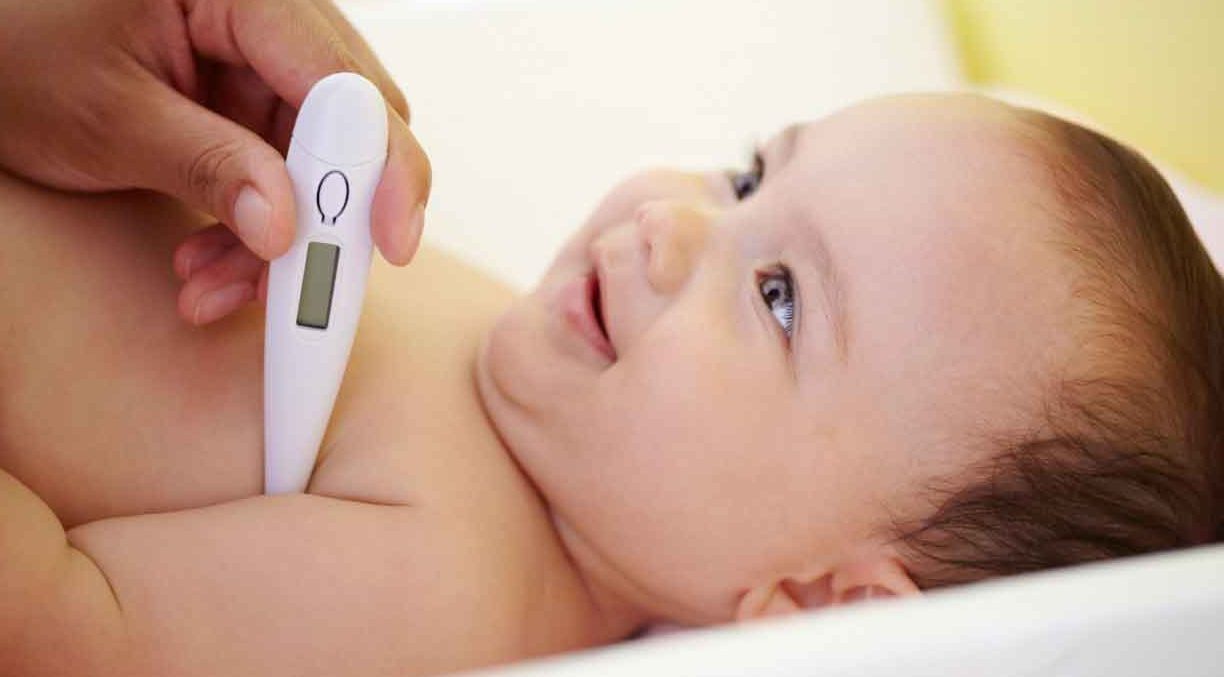How to Comfort Your Sick Baby

What to do if your infant comes down with a cold or the flu.
When your baby is sick, you want to do everything you can to comfort her. Yet you might not be sure what medicines are safe to give, or when you need to call the doctor. Here’s a guide to calming baby’s cold and flu symptoms.
Calming colds
Most colds aren’t serious, even in babies, and they typically don’t need treatment. “A cold is self-limited, and patients will get better on their own in a week or two without any need for medications,” says U.S. Food and Drug Administration (FDA) pediatrician Amy M. Taylor, MD, MHS. Antibiotics don’t work on colds, which are caused by viruses. And the FDA doesn’t recommend giving over-the-counter cold and cough medicines to children under age 4 because of the risk for serious side effects.
To bring down a fever, you can give acetaminophen (Tylenol) to infants over 3 months old, and ibuprofen (Children’s Motrin, Advil) to babies 6 months or older. Be careful to measure out exactly the right dose for your child’s age and weight. “If you have questions or need advice, do ask the pharmacist,” Taylor says. “She or he can tell you which dosing instrument to use, how much medication to give, and how often.” Don’t give children aspirin or products containing it, because of the risk for a rare but serious condition called Reye syndrome.
To clear out a stuffy nose, use a saline nasal spray followed by a bulb syringe to suction out mucus. And, turn on a cool-mist humidifier to moisten the air. Give extra fluids like water or an oral rehydration solution, which also help thin mucus. And encourage lots of rest to help baby’s body get over the cold.
What to do for the flu
The flu is also a viral disease, but it’s far more dangerous to children — especially those under age 5. Kids can develop serious complications from the flu, including ear infections and pneumonia. And infants under 6 months can’t get the flu vaccine because they’re too young. To prevent babies from getting infected, the Centers for Disease Control and Prevention recommends vaccinating all family members and caregivers before flu season starts.
One antiviral drug — oseltamivir (Tamiflu) — is available to treat the flu in children 2 weeks old and over. When babies take Tamiflu within the first 48 hours after getting sick, the drug can make their symptoms milder and shorten the length of their illness. Yet careful dosing is important. “Parents and pediatricians must make sure children receive only the amount of Tamiflu appropriate for their weight,” said Edward Cox, MD, MPH, director of the Office of Antimicrobial Products in the FDA’s Center for Drug Evaluation and Research.
To help your baby stay comfortable until the flu runs its course, follow the same recommendations as for colds — lots of fluids, rest, and saline spray to loosen mucus. Keep your child out of daycare until the infection is gone to avoid passing it to other kids.
When to call the doctor
A sick baby is always worrisome, but when should you call the doctor? Use your baby’s age as a guide. “Call your pediatrician at the first sign of illness whenever a baby 3 months or younger is sick,” Taylor says.
Also call if your baby is running a fever of 102 degrees Fahrenheit or higher, has trouble breathing, or is especially cranky or tired and refuses to eat. And make an appointment if baby’s symptoms don’t improve or get worse.
Kids with underlying health problems such as a weakened immune system, heart or kidney disease, or asthma need special attention for flu symptoms. Call the pediatrician right away, even if symptoms are mild.
If you’re in doubt, trust your instincts. “You have to know your child,” Taylor says. “If you are worried about your child’s symptoms, at any age, call your pediatrician for advice.”
Updated:
March 30, 2020
Reviewed By:
Janet O’Dell, RN